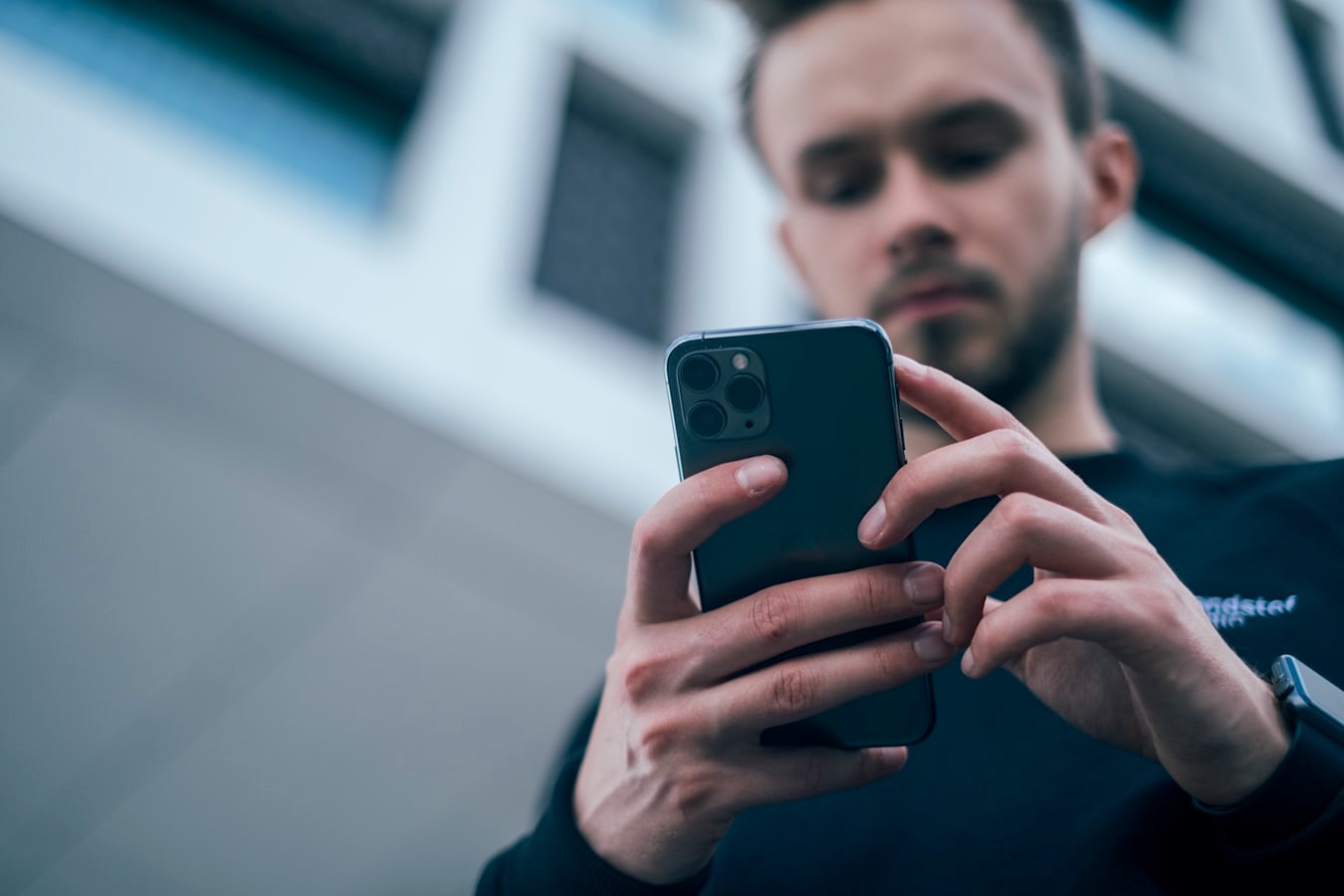
In the well-received 2019 Netflix documentary, The Great Hack, filmmakers introduced the concept of data harvesting to many viewers for the first time. Fresh off the back of the Cambridge Analytica scandal, the film uses this incident to frame and explore how embedded and pervasive data harvesting is in modern online culture.
While Cambridge Analytica’s unethical data scraping provides just one example of how companies can actively garner user data for profit, it’s merely the tip of the proverbial iceberg. As Wired put it, “data mining structures and algorithms are undermining individual liberty and democratic society, one Facebook like and meme at a time.”
Data harvesting refers to a broad group of practices in which automated bots are used to scrape data from a website, such as Twitter or Facebook, or from an app the user willingly downloads. The information harvested can include pictures, date of birth, browning preferences and history, and even other apps on a user’s smartphone.
More often than not, this data is used by companies to provide targeted advertising. In some cases, as with Cambridge Analytica, the advertising is used for rather more nefarious means than selling you items; in this instance, targeted psychometric messages aimed at influencing the 2016 US election.
Filmmakers are as at-risk as anyone when it comes to data harvesting, if not more so if they rely on the range of free apps available to produce shorts or even longer pieces. As a recent study of 959,000 Google Play apps from The University of Oxford researchers showed, close to 90 percent of apps come with third-party trackers installed.
The median number of trackers is five, but some apps came with up to ten trackers, meaning user data was shared with ten different third-parties. Speaking to the Financial Times, Reuben Binns, one of the study’s authors noted that “It feels like this legitimate business model has gone completely out of control…”
Apps may not be the only issue. Some burgeoning filmmakers are turning to TikTok, a swift and easy way to get their short work seen by the public. But with TikTok currently under fire amidst suspicions it is sharing biometric data with entities in China, user-generated content platforms may not be as secure as we think.
Despite the minefield that is online data harvesting, there are ways for users to ensure their online privacy is safe. Here are a few methods filmmakers can take to protect themselves while working in an increasingly fraught environment:
Avoid free apps, always
As tempting as many free apps are, especially those that make short works of tasks such as animations, users may pay for these apps with more than money. As explained above, free apps rely on third-party funding, which is paid in user data, including personal, behavioral, location information, and, perhaps most frighteningly, biometric data.
Install security apps
Basic online security isn’t just for companies, users should take care to secure their devices to avoid threats including identity theft. Securing devices with a VPN goes a long way towards achieving this, and, as an added bonus, makes it difficult if not impossible for others to spy on your online activity by masking and encrypting data transmissions.
In particular, filmmakers working in countries where their work is perceived as threatening to the state’s narrative — or in places where independent media is discouraged — should always use a VPN. The software also mitigates all the risks involved in working on unsecured public networks.
Note that free VPNs have also come under fire for sharing user data, often brazenly, so choose a high-quality paid subscription.
Use temporary email addresses when testing apps
If there’s an app that you really want to try and think it could help with your work immensely, use a temporary email address to prevent companies from harvesting your email address and personal information. This puts users at a greater distance from third-party trackers.
How are you keeping your data safe? Share you thoughts with us: @filminetwork



















